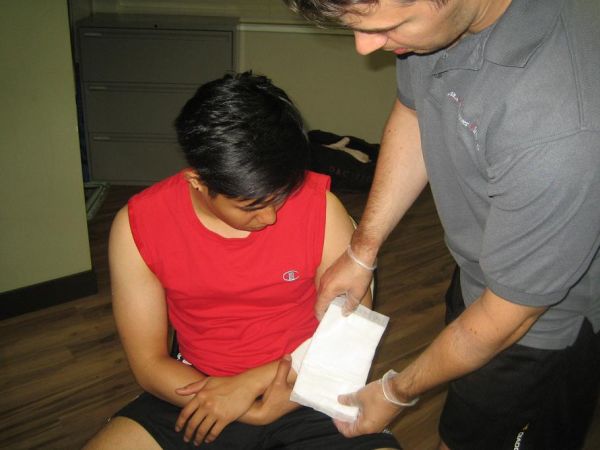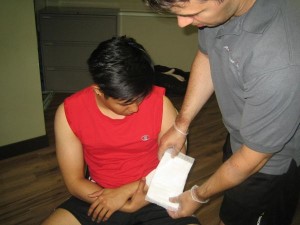Fact Checked
Overview Of Eczema
- Eczema or also referred to as atopic eczema is a skin disorder that leads to chronic swelling.
- There are inflamed red rashes over the affected regions which look like skin wrinkles such as the creases of the elbows or behind the knees.
Risks Related To Eczema
- The most frequent triggers are allergens and environmental causes.
- These irritants can be soaps and cleansing agents, some metals, inhaled allergens like dust mites, pet hair and pollen etc.
Risk factors include:
- Extreme temperature and clamminess (generally worse in winter);
- Excessive sweating;
- Using close-fitting and rough fabrics like wool; and
- Diet issues.
Symptoms Of Eczema
- There is itching, dehydration, and peeling with redness around the skin.
- The severity goes from a minor irritation that does not require medical treatment to serious itching and rubbing that leaves the skin red.
- Recurring incidences might leave the skin congealed and encrusted. This more serious type of eczema is known as atopic dermatitis.
- Atopic dermatitis generally emerges in infancy or early adulthood.
Diagnosis Of Eczema
- Diagnosis can be established by inspecting the cuts over the skin and looking at the history of the person’s relatives.
- Other issues like certain reactions, food aversions, asthma etc. are frequent in people suffering from eczema.
Treatment Of Eczema
More serious eczema episodes can be harder to treat.
- Medications such as steroid ointments and antihistamines might offer assistance from itching.
- Antihistamine tablets can generally stop the itching of eczema for more severe cases.
- However, these might also cause sleepiness as a side effect.
- Some antihistamines can be bought that do not cause sleepiness.
- Steroids should be applied only with the direction of medical professionals.


